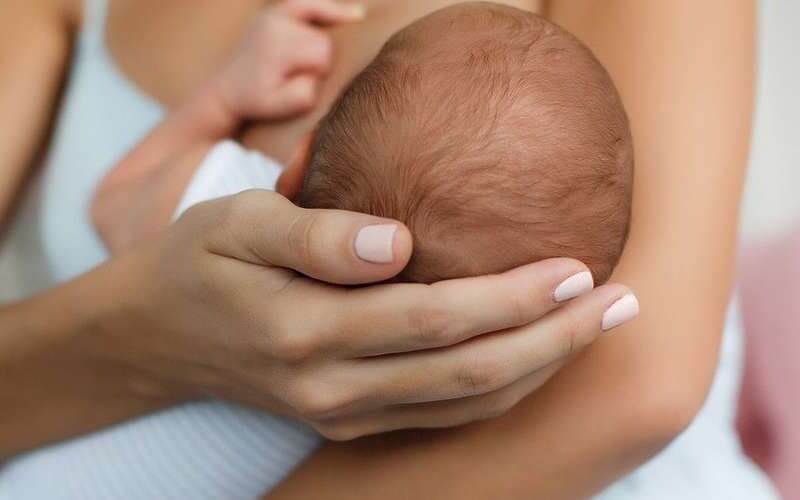Ramadan Fasting While Breastfeeding: Potential Health Impacts for Mothers and Infants

Can the Ramadan fast pose risks for the breastfeeding mother and her baby? Women who breastfeed always manage to produce a sufficient amount of milk during the fast. However, fasting can lower the fat content of the milk.
When a baby does not get the amount of fat it needs, it can demand the breast more. The signs that a baby is not satisfied are noticed by the decrease in the number of wet diapers (less than 6 per 24 hours); greenish stools instead of golden yellow; weight loss or no weight gain; irritability of the baby or persistent and shrill crying.
The risks for the breastfeeding mother who also fasts are dehydration, constipation, kidney stones caused by lack of water. Dehydration is manifested by great thirst, darker urine, fainting, dizziness, great fatigue, headaches and other pains. It is recommended to automatically break the fast in the presence of any of these signs, and especially to drink water. After half an hour of rest, if the discomfort continues, it is better to consult a doctor.
For the breastfeeding woman who wants to fast, good preparation is essential to avoid inconvenience. It is recommended to drink more than 2 liters of water, milk, fruit juices per day; consume galactagogue foods, which will stimulate lactation such as fennel, cumin, fenugreek, dates, almonds; a healthy and varied diet would be suitable for the health of the mother and baby. It is recommended to stay cool and rest during the day, not to cover the baby if it is hot, and to break the fast in case of dehydration.
Moreover, given the benefits of exclusive breastfeeding up to six months for babies, it is preferable not to introduce the bottle because of the fast.
Related Articles
-

Morocco Cracks Down on Illegal Construction: Major Cities Face Scrutiny Amid Urban Planning Scandal
6 September 2025
-

Moroccan Police Bust International Phone Theft Ring: France-Morocco Sting Recovers Stolen Devices
6 September 2025
-

US Reaffirms Support for Moroccan Sovereignty in Western Sahara Dispute
6 September 2025
-

Severe Weather Alert: Moroccan Regions Brace for Intense Thunderstorms and Heavy Rainfall
6 September 2025
-

Quebec’s International Student Crisis: UQAM Faces 39% Drop as Government Policies Spark Global Concern
5 September 2025